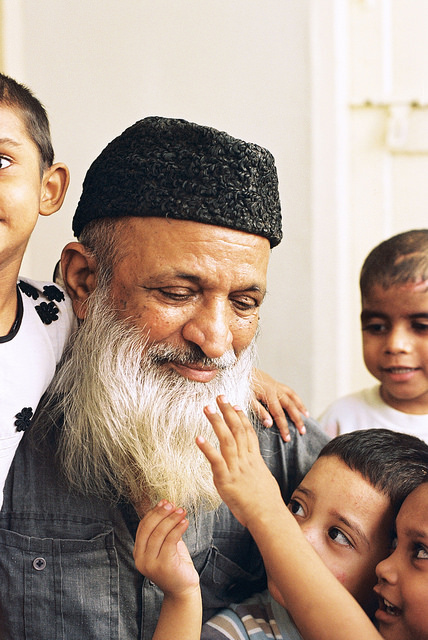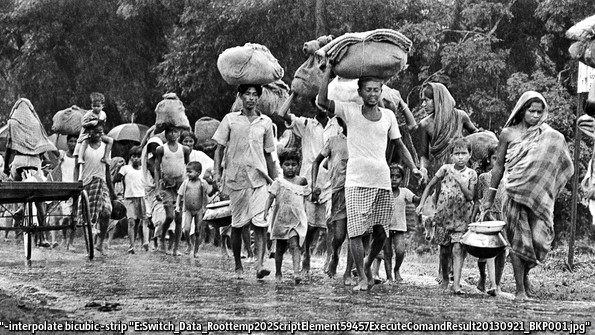Note from Shreela Ghosh.?Director Arts, Wider South Asia, British Council
The British Council is expanding its Arts Team across the South Asia region ? we are looking for new people in Bangladesh, India, Pakistan and Sri Lanka with arts expertise.
Partnerships are very important to the British Council (BC) so it is vital that the person has excellent communication skills and an entrepreneurial outlook.
Experience shows us that working for a large international organisation like the BC (operating in 110 countries) can be demanding for those from the South Asian creative sector as most people are likely to be working in small to medium sized companies ? I am afraid the bureaucracy is just a part of life ? so we need to recruit people with the right aptitude who can rise to the challenge even if they haven?t worked for a large organisation like ours, before.
I am attaching the Role Profile for the Head of Arts (Bangladesh) and hope that you will circulate this widely through your networks. The deadline is 7 April, so candidates will need to complete the application this week. My colleague Nahin and I will be happy to speak to anyone who wants more information about the role so please ask them to contact us.
Over the past 18 months we have created a strategy for increasing the impact of our Arts work across the region but this will only be possible with the right team in place. You are all very well connected within the creative networks in Bangladesh so I am asking you to help us identify the right person for this post.
Below you?ll find a link to our website where there?s also information about a more junior role ? yes, we need more than one person to run the arts programme as the BC?s profile continues to grow ? and people can also download the application forms by following the link.
Finally, some of you may already know of Culture 360 (based in Singapore) ? they want to do a mapping study of Bangladesh. This would be a very useful resource I think and benefit us all so if you know anyone who might be interested in doing this research please pass on the information to them.
Many thanks for your help ? Shreela
Shreela Ghosh, Director Arts, Wider South Asia, British Council, 5 Fuller Road, Dhaka 1000 mobile + 88 017300 92487









